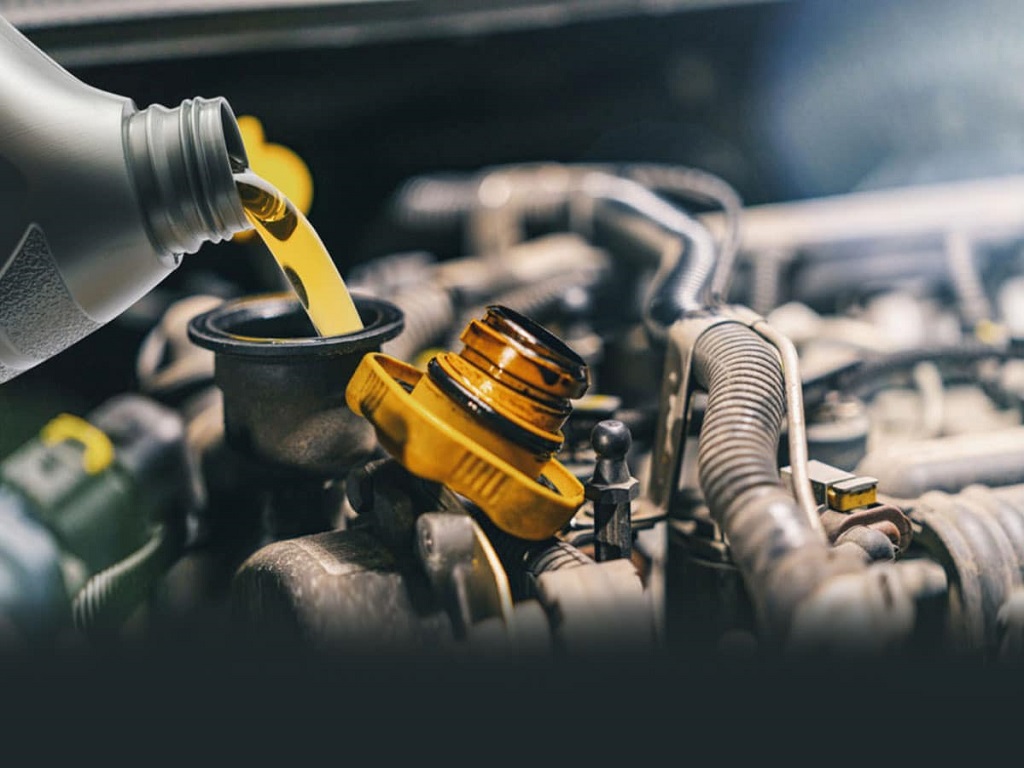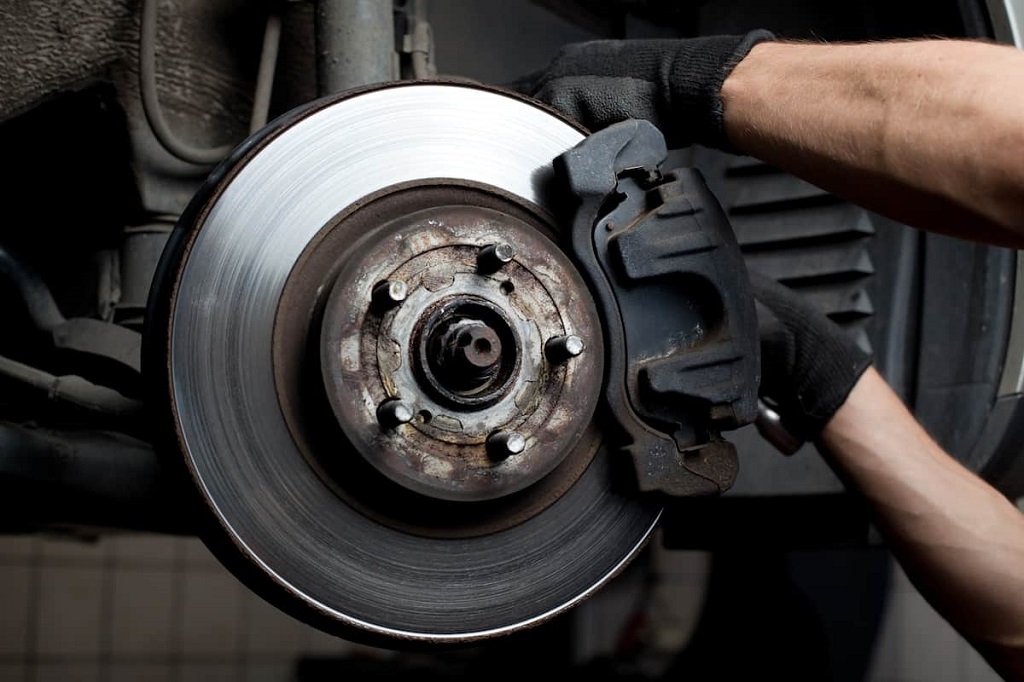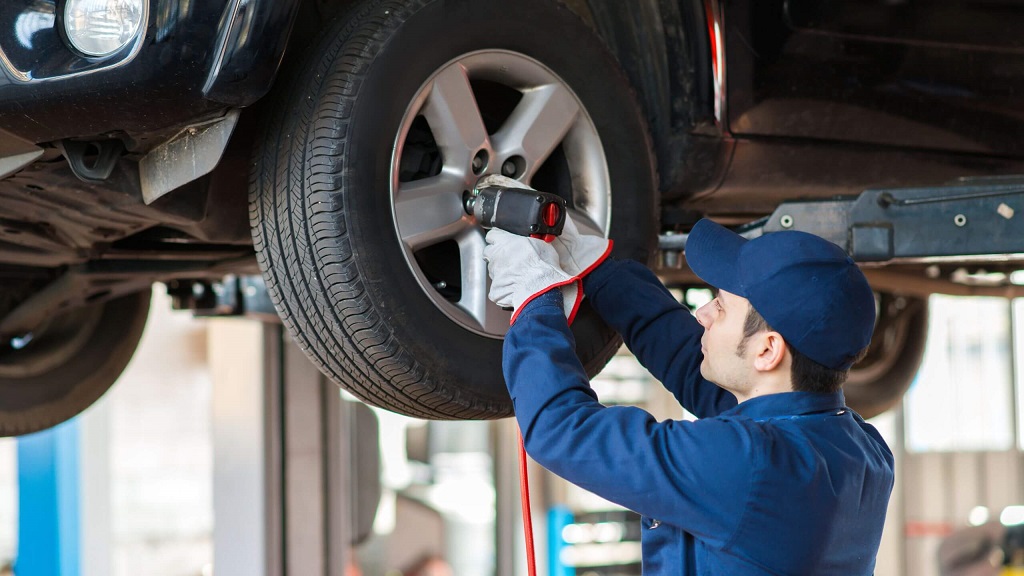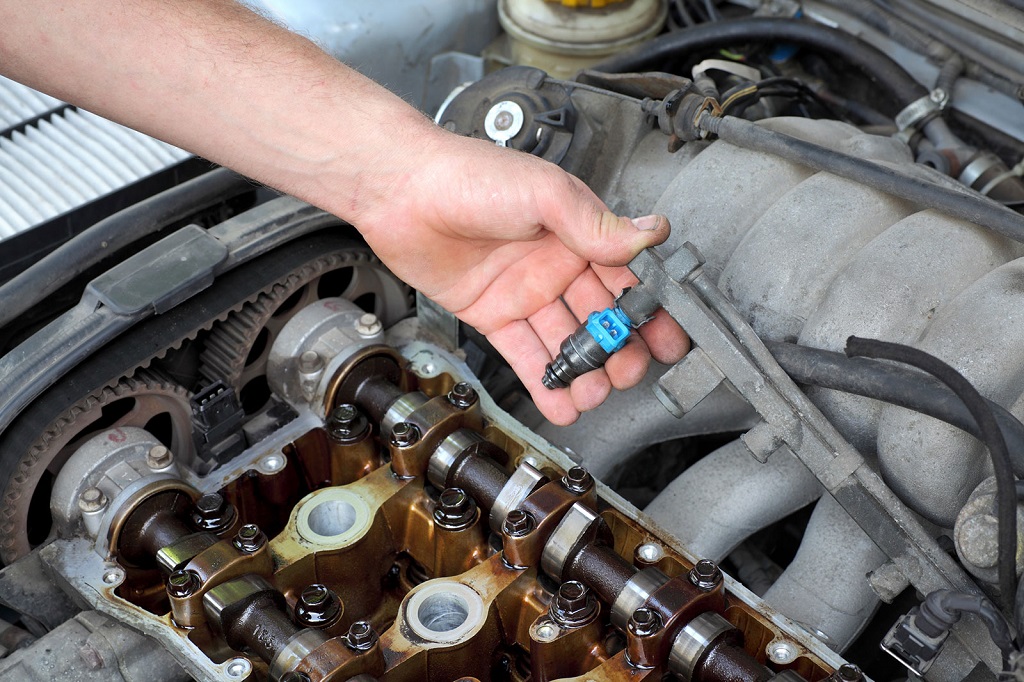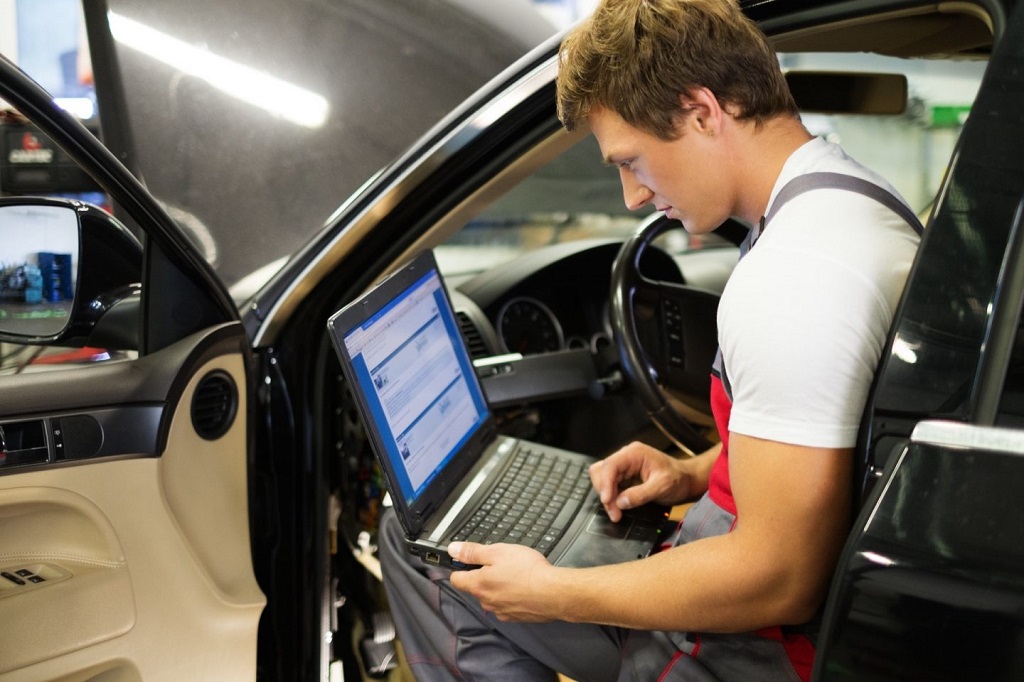In today’s fast-paced world, where environmental concerns are gaining prominence, hybrid cars have become a popular choice for many. These vehicles combine the benefits of traditional gasoline engines with electric power, offering improved fuel efficiency and reduced emissions. While hybrids offer several advantages, they also require a unique set of maintenance practices to keep them running smoothly. In this article, we’ll delve into the world of hybrid vehicle maintenance and explore what it takes to ensure your hybrid car remains in top-notch condition.
Understanding the Basics of Hybrid Technology
Before delving into maintenance specifics, it’s essential to have a basic understanding of how hybrid vehicles work. Hybrids have both a gasoline engine and an electric motor, which work in tandem to optimize fuel efficiency. The electric motor assists the gasoline engine, especially during stop-and-go driving, reducing the overall fuel consumption. Knowing this fundamental concept is crucial when considering the maintenance needs of a hybrid.
Regular Oil Changes
Contrary to what some might think, hybrid vehicles do require oil changes, albeit less frequently than traditional cars. The gasoline engine in a hybrid still relies on oil for lubrication. However, due to the engine’s reduced workload, oil changes are typically needed every 5,000 to 7,000 miles, depending on the manufacturer’s recommendations.
Battery Health and Replacement
One of the most critical components of a hybrid car is its battery pack. These batteries store and provide energy for the electric motor. Over time, the battery’s performance can degrade. Regular monitoring of the battery’s health is essential, and when it begins to show signs of deterioration, it may need replacement. However, this isn’t a common occurrence and often happens after many years of use.
Brake System Maintenance
Hybrid vehicles utilize regenerative braking systems to recapture energy during braking. This means that the brake pads and rotors experience less wear and tear than in conventional cars. However, it’s still crucial to inspect and maintain the brakes regularly to ensure they function optimally.
Checking and Replacing the Air Filter
A clean air filter is vital for the efficient operation of a hybrid’s engine. It ensures that the engine receives the right amount of clean air for combustion. Regularly checking and replacing the air filter, as recommended by the manufacturer, can help maintain fuel efficiency.
Tire Maintenance
Proper tire maintenance is essential for all vehicles, including hybrids. Underinflated or worn-out tires can lead to decreased fuel efficiency. Regularly checking tire pressure and tread depth can help maximize your hybrid’s performance.
Scheduled Maintenance
Hybrid cars come with manufacturer-recommended maintenance schedules. These schedules outline when specific services, such as inspections and fluid changes, should be performed. Adhering to these schedules is crucial to ensure your hybrid operates efficiently and reliably.
Hybrid-Specific Diagnostics
Hybrids have complex electronic systems that require specialized diagnostic tools for troubleshooting. When an issue arises, it’s essential to take your hybrid to a certified technician familiar with hybrid technology to accurately diagnose and repair any problems.
Fuel System Cleaning 
Maintaining a clean fuel system is essential for both the gasoline engine and the electric motor. Regular fuel system cleaning can help improve fuel efficiency and prevent issues related to fuel delivery.
Inspecting the Transmission
Hybrid vehicles often use a continuously variable transmission (CVT) or an automatic transmission. Regular inspection and maintenance of the transmission can prevent costly repairs down the road.
Addressing Software Updates
As technology evolves, so do the software systems in hybrid vehicles. Manufacturers release updates to enhance performance and address potential issues. Keeping your hybrid’s software up-to-date is crucial for optimal performance.
Conclusion
Owning a hybrid vehicle offers numerous benefits, including reduced fuel consumption and lower emissions. However, to enjoy these advantages, it’s essential to follow a regular maintenance routine tailored to hybrid cars. By staying proactive and addressing issues promptly, you can ensure that your hybrid remains reliable and efficient for years to come.
FAQs
- How often should I change the oil in my hybrid car?
- Oil changes in hybrid cars are typically needed every 5,000 to 7,000 miles, but it’s essential to follow the manufacturer’s recommendations for your specific model.
- Do hybrid cars have higher maintenance costs than traditional vehicles?
- Hybrid cars may have slightly higher maintenance costs due to the complexity of their technology, but they often offset this with fuel savings.
- Can I perform hybrid maintenance tasks myself, or should I rely on a professional?
- While some basic maintenance tasks can be done by the owner, it’s advisable to have a certified technician handle hybrid-specific maintenance and repairs.
- What should I do if my hybrid’s battery starts to degrade?
- If your hybrid’s battery shows signs of deterioration, consult your manufacturer’s warranty or seek advice from a certified hybrid technician.
- Are there government incentives for hybrid car maintenance?
- Some regions offer incentives or tax breaks for hybrid vehicle owners who adhere to regular maintenance schedules, promoting environmentally friendly practices.



